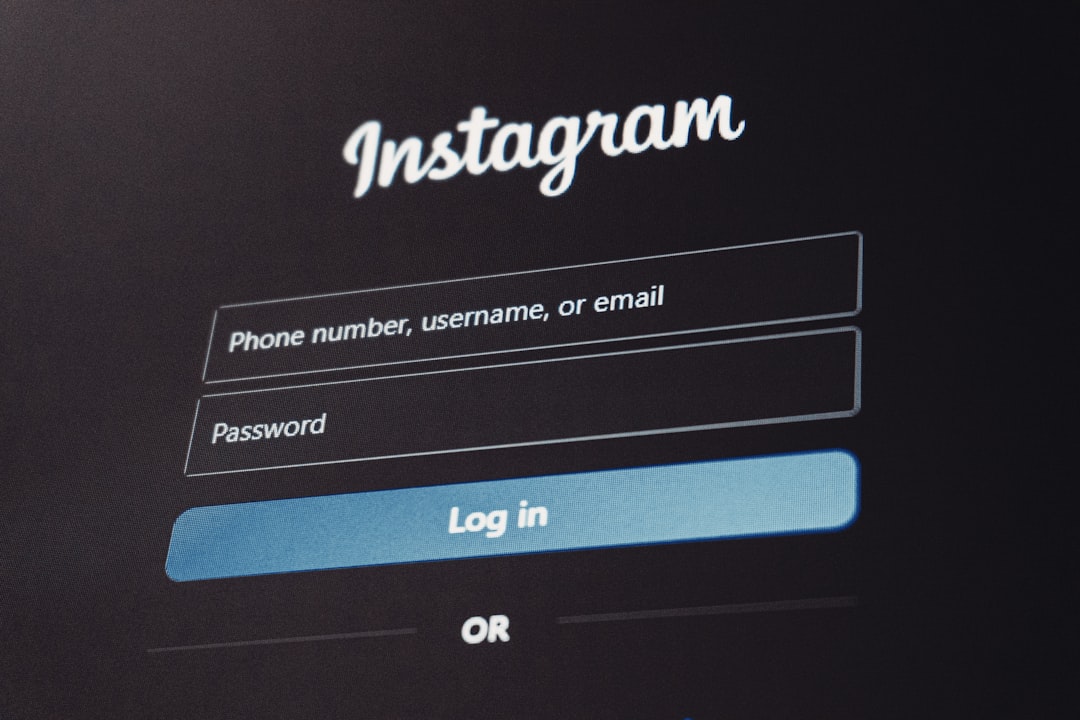Influencer Marketplace: The Ultimate Meeting of Minds
The digital age has revolutionized how brands and consumers interact, and nowhere is this transformation more pronounced than in the rise of the influencer marketplace. This dynamic ecosystem brings together content creators, known as influencers, and brands looking to expand their visibility and reach. The influencer marketplace is more than just collaborations and endorsements—it’s the ultimate meeting of minds where creativity, commerce, and authenticity intersect.
In a world saturated with advertisements and sponsored content, authenticity has become the currency of trust. Audiences today are drawn to voices they can relate to, making influencers powerful allies for any brand aiming to cut through the noise. Platforms facilitating these partnerships have emerged as game-changers, offering an environment where both sides benefit from the value each brings to the table.
What is an Influencer Marketplace?
An influencer marketplace is a digital platform where brands and influencers connect. It serves as a streamlined portal to search for, vet, and manage influencer campaigns. Think of it as the LinkedIn or Upwork for social media personalities and marketing teams. These platforms host thousands of influencer profiles across various niches—fashion, fitness, tech, travel, and more—making it easier than ever for companies to find the perfect match for their marketing needs.

For influencers, these marketplaces offer tools to set rates, showcase portfolios, and connect directly with brands. On the other hand, businesses gain access to comprehensive analytics, demographic insights, and campaign performance tracking tools. This synergy creates an efficient and transparent way to manage influencer relations.
The Rise of Data-Driven Decisions
Gone are the days when marketing decisions were based solely on gut feeling. Today’s influencer marketplaces leverage data science and machine learning to provide brands with in-depth influencer metrics, including follower engagement, content reach, and audience demographics. These insights help companies make informed decisions about who to work with and how best to allocate their budgets for maximum ROI.
Additionally, real-time campaign tracking allows for quick adjustments. If a campaign underperforms, marketers can tweak hashtags, content themes, or even switch up collaborators to improve outcomes.
Benefits for Brands and Influencers
The influencer marketplace model provides unique advantages for both parties:
- For Brands: Direct access to a pool of influencers that fit niche markets and targeted demographics.
- For Influencers: Exposure to a wide array of potential clients and the chance to grow credibility across industries.
- For Both: Streamlined contracts, secure payments, and goal-oriented collaboration tools.
These platforms also help manage regulatory concerns. With influencer marketing guidelines tightening globally, marketplaces often include compliance tools to ensure sponsored content is properly disclosed and follows advertising standards.
The Creative Partnership
What makes influencer marketplaces so powerful is the exchange of ideas. Brands contribute a clear mission and objectives, while influencers bring their unique voice and creative direction. When both parties align, campaigns can transcend simple product promotion to become content that educates, engages, and entertains.

The human aspect of these partnerships builds trust. An influencer’s endorsement often feels more like a personal recommendation than a sales pitch, increasing customer loyalty and purchase intent.
The Future of Influencer Marketplaces
As social media continues to evolve, influencer marketplaces are keeping pace by integrating technologies like AI, augmented reality, and e-commerce tools. Expect platforms to offer even smarter matchmaking algorithms, real-time audience sentiment analysis, and native in-platform shopping experiences.
The influencer marketplace is not just a trend; it’s a new paradigm in marketing strategy—one where voices matter more than volume, and connection outweighs clicks.
Frequently Asked Questions (FAQ)
What makes an influencer marketplace different from a talent agency?
Unlike traditional talent agencies that manually connect influencers to brands, marketplaces use digital platforms to automate the matching process. This offers greater speed, accessibility, and transparent pricing.
Can small businesses benefit from using influencer marketplaces?
Absolutely. Many platforms cater to businesses of all sizes and provide options to work with micro and nano influencers, who often deliver high engagement and localized reach on a budget.
Do influencer marketplaces handle payments and contracts?
Yes, most modern marketplaces offer built-in tools for handling payments, tax documentation, and standard contracts, ensuring a secure and professional transaction for both parties.
How are influencers vetted?
Platforms typically offer filters and analytics such as engagement rate, follower authenticity, and niche relevance to help brands make informed choices. Some also have internal review teams to validate influencer profiles.
Is it necessary to use a marketplace, or can brands reach out directly?
While direct outreach is possible, marketplaces simplify the entire process—saving time and reducing risk. They also provide analytics and security that direct deals might lack.

Comments are closed.